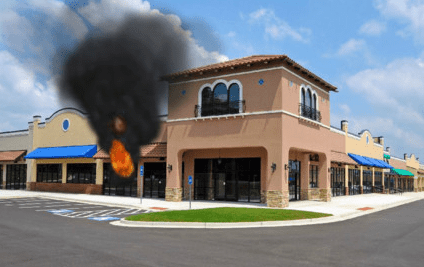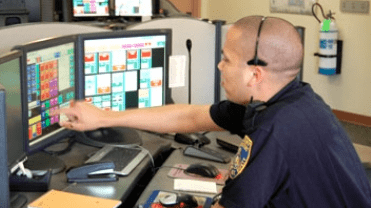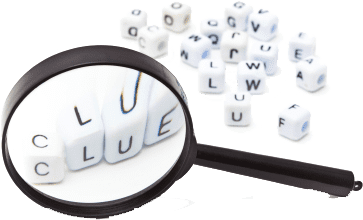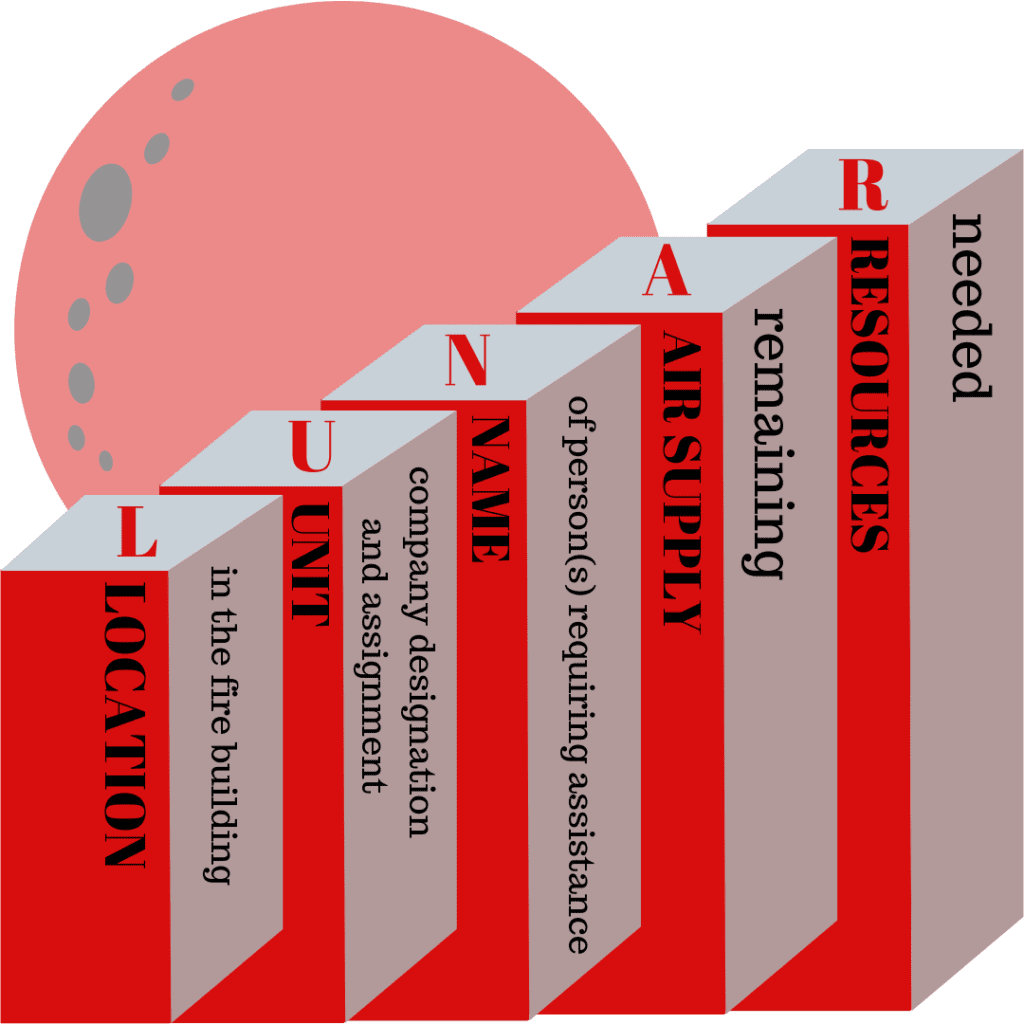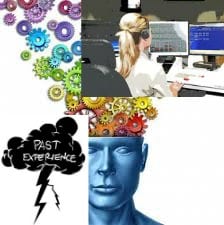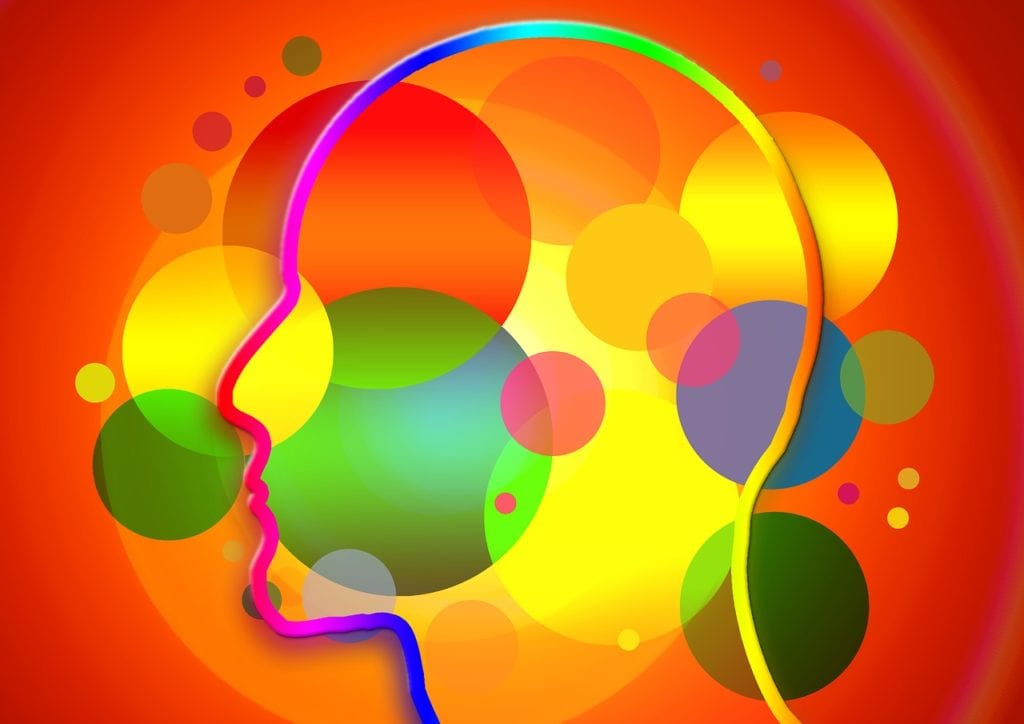Using the Simulation Environment to Improve Situational Awareness
Many first responder training programs use simulation in the development of decision-making competencies. Simulation exercises help develop skills in setting strategy and tactics, in applying policies and procedures and in developing critical thinking skills. How can simulations be used in the development of situational awareness skills? The answer lies, in part, in understanding what situational […]
Using the Simulation Environment to Improve Situational Awareness Read More »

